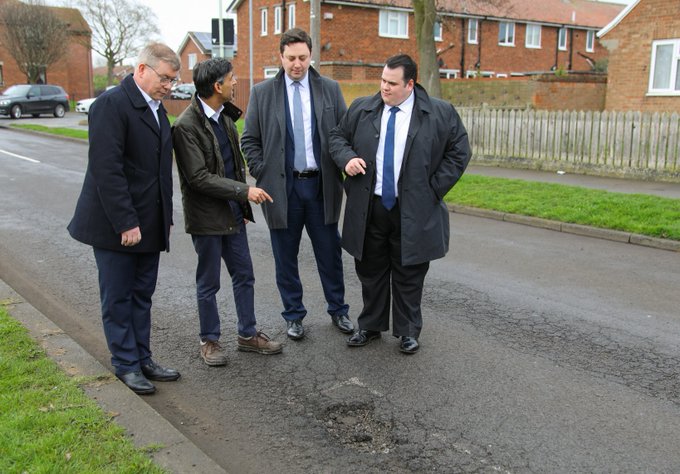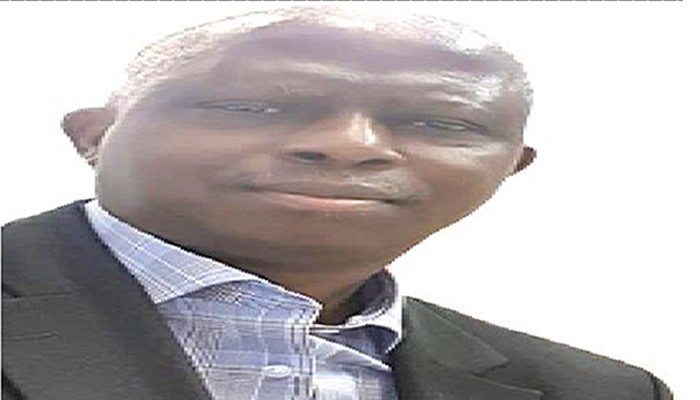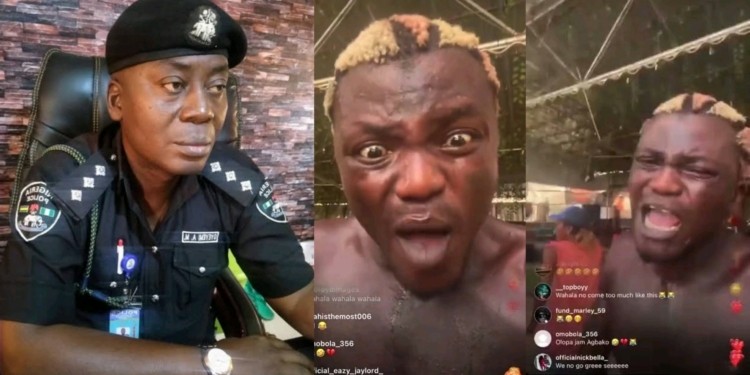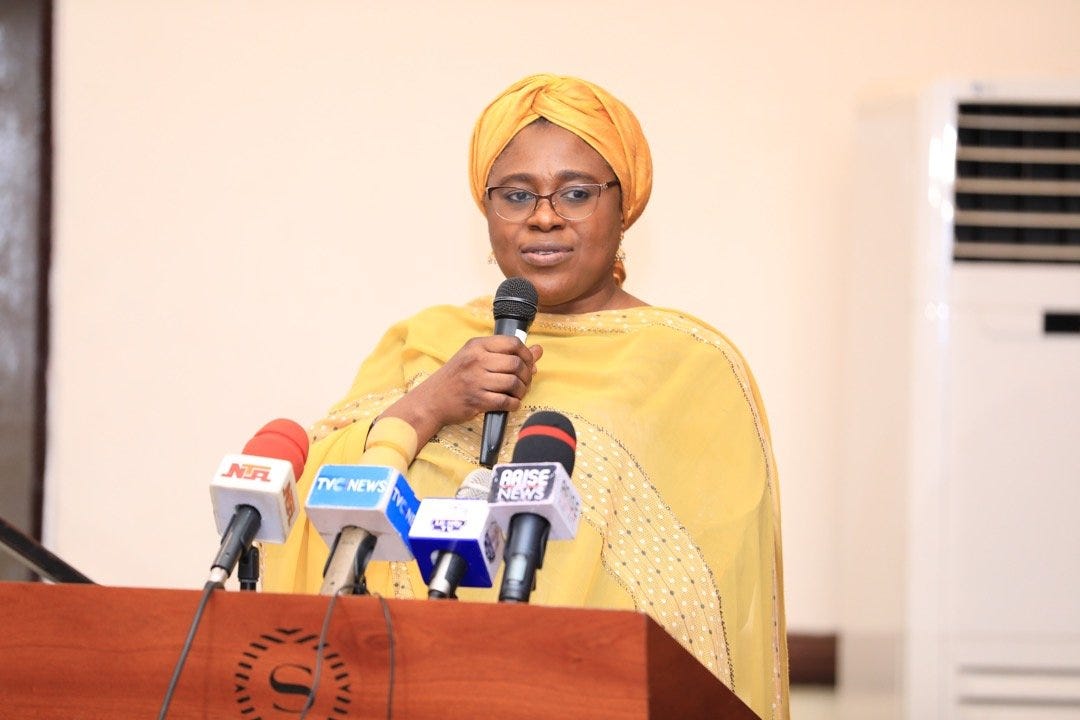Social media regulation: We’re not after skit makers, says Hisbah
Hisbah, the security unit of Kano State, has said that the state’s efforts to control the creation of skits on social media, particularly the TikTok video-sharing site, are intended to modify public behavior rather than violate human rights.
Hisbah added that the state’s actors from Kannywood, among other skit creators, have promised to maintain their modesty during the production process.
This is occurring amid a public outrage against offensive remarks and content made by several skit creators, including Ado Gwanja, Ummi Shakira, Samha Inuwa, Murja, Mr. 442, Safara’u, Dan Maraya, Amude Booth, Kawu Dan Sarki, and Babiana, since late September 2022. These creators have also received complaints from a group of Islamic clergy.
The protagonist of the entire story, Murja Kunya, is a controversial TikToker whose way of life deviates from conventional conventions in northern Nigeria.
Her candor, her use of foul language, and her thought-provoking posts on social media have generated conversations and arguments within the community.
You may recall a few days ago, the state’s security team called for the reprimand of Messers Kunya and several others a few weeks prior, citing the state as one of the most devout practitioners of Islamic customs.
You may also recall that a viral video circulating in some quarters of social media respectfully showed Messers Kunya before the commandant general of the commission paying allegiance to uphold decent Islamic dictates in her content.
The federal government has tried a number of ways to control the internet and social media platforms.
The National Assembly launched a campaign in 2015 to combat social media abuse and tried to enact laws to control it.
The Federal Government banned Twitter on June 4, 2021, following the removal of a message deemed inappropriate by Major-General Muhammadu Buhari (retd.), the former President.
The National Information Technology Development Agency also produced a proposed Code of Practice for Interactive Computer Service Platforms/Internet Intermediaries, an 11-page document, on June 13, 2022.
“This is about behavior modification and how can we correct the bad aspects of the youth’s behavior,” Idris Gama said in an interview with the Board’s focal point on Sunday. There is no violation of their human rights by us.
“There is no compulsion because when we talk about behavior modification, it is to admonish if one admits to modifying his bad behaviour that is not a problem.
“They admitted that some of the things they do are not in line with the law and those who attended the engagement pledge to conduct themselves henceforth.








